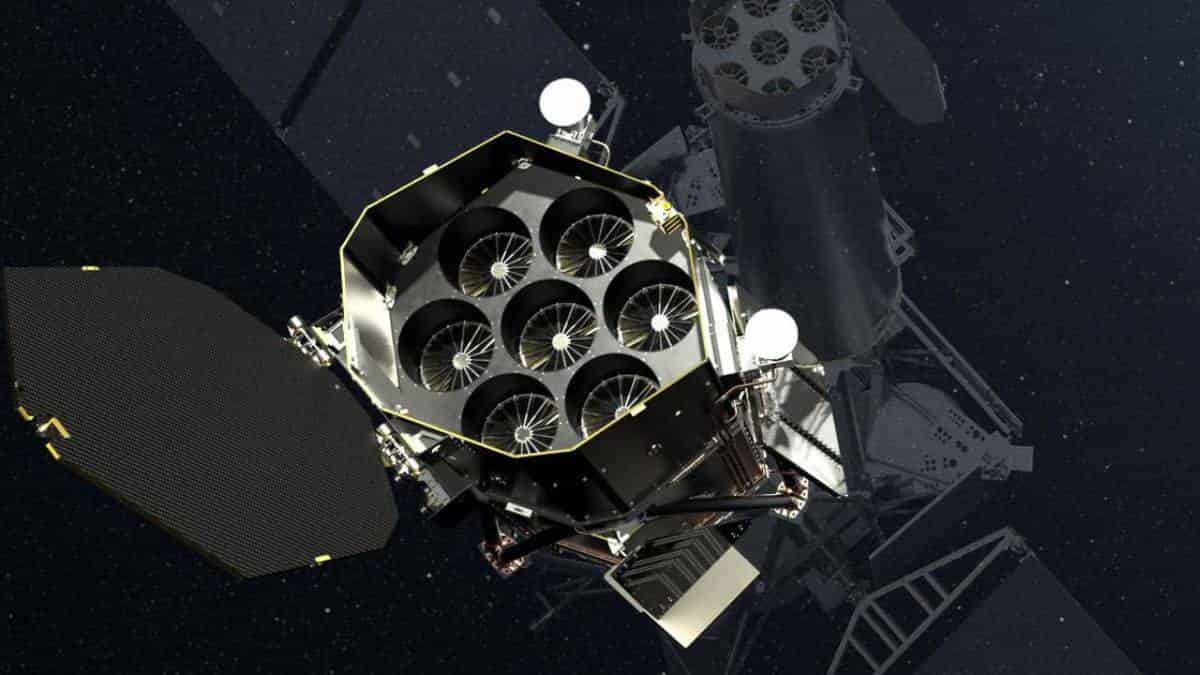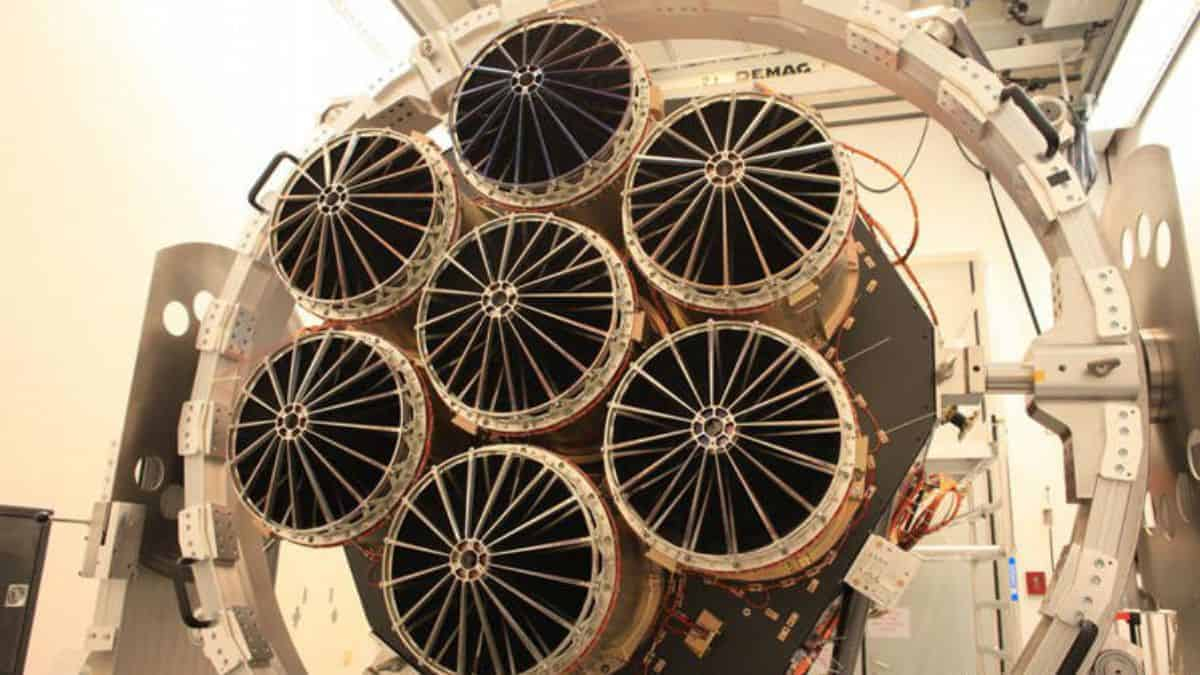Without permission, Russia wishes to restart a German telescope

In statements aired on Saturday, the president of Russian space agency Roscosmos indicated that Russia will try to unilaterally restart a German satellite observatory that was put into sleep mode by Germany’s Max Planck Institute in protest of Moscow’s war in Ukraine.
The eROSITA X-ray telescope works in tandem with the ART-XC Russian device to survey distant galaxies in what was a joint German-Russian endeavor until Germany suspended collaboration due to Russia’s invasion.

What did Roskosmos’ Chief have to say about it?
“I gave instructions to start work on restoring the operation of the German telescope in the Spektr-RG system so it works together with the Russian telescope,” Roskosmos chief Dmitry Rogozin said in a televised interview.
“Despite Germany’s demand to shut down one of the two telescopes at Spektr-RG, Russian specialists insist on continuing its work. Roscosmos will make relevant decisions in the near future,” Rogozin said.
“They — the people that made the decision to shut down the telescope — don’t have a moral right to halt this research for humankind just because their pro-fascist views are close to our enemies,” added Rogozin, who is a Putin loyalist and a vocal supporter of Moscow’s military action.
Expert’s advice
Attempts to reactivate the telescope without German participation, however, could be harmful to the instrument, according to the Spekr-RG project’s scientific director.
According to Russian scientist Rashid Sunyaev, the recommissioning could only take place with Germany’s permission; otherwise, the telescope would be in danger of breaking down.
“Unilateral action in this situation only adds to people’s suspicion,” he said, according to the Russian Interfax news agency.
eROSITA
Roscosmos launched the eROSITA telescope from the Russian launch facility Baikonur in Kazakhstan on July 13, 2019. It started collecting data in October of this year.
The Spektr-RG mission, on which it is deployed with the Russian telescope, intends to locate black holes, among other things.
Russian and German researchers were able to collaboratively analyse the data received by the two devices until eROSITA was put into sleep mode on February 26, two days after Russia began its invasion.
eROSITA has completed four of the eight full-sky surveys scheduled when it was shut down. Scientists are still evaluating data from the first four.


